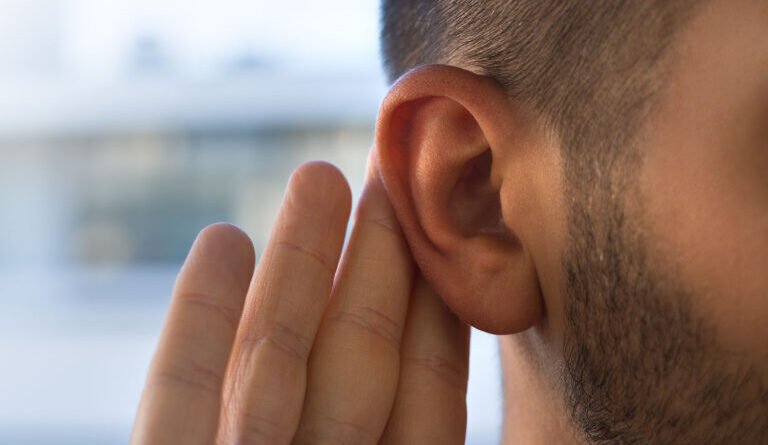Understanding Hearing Loss: A Comprehensive Guide for Seniors
Have you noticed that your hearing isn’t as sharp as it used to be? Hearing loss can sneak up on you, especially as we age, impacting our connections with the world.
In this article, we’ll explore how to recognize the signs, understand the causes, and discover solutions that can help maintain your quality of life. Through simple adjustments or advanced technology, you can continue enjoying conversations, music, and life.
Types of Hearing Loss
Sensorineural hearing loss results from damage to the inner ear or the nerve responsible for sending sound signals to the brain. It is often caused by factors like aging or prolonged exposure to loud sounds. Since this type of hearing loss is generally irreversible, hearing aids or implants may be necessary to help with hearing.
Conductive hearing loss occurs when sound cannot travel through the outer or middle ear. This can happen due to a blockage, infection, or fluid buildup. Fortunately, many cases of conductive hearing loss are treatable with surgery or medication.
Signs of Hearing Loss
Common signs of hearing loss include trouble understanding speech, particularly in noisy settings. Individuals may often ask others to repeat themselves or increase the volume on the TV. Another indicator is ringing or buzzing in the ears, a condition called tinnitus.
Hearing loss can also lead individuals to avoid social situations due to difficulties in hearing conversations. Some may struggle to hear phone calls or have trouble understanding high-pitched sounds. Recognizing these signs and seeking help early is crucial.
Causes of Hearing Loss in Seniors
As people age, the structures in the ear naturally wear down, leading to hearing loss. This condition, known as presbycusis, is common in older adults. It occurs gradually and affects the ability to hear higher-pitched sounds.
Other causes of hearing loss include exposure to loud noises over time, ear infections, or certain health conditions. Some specific antibiotics, like aminoglycosides, and certain chemotherapy drugs can adversely affect hearing.
Additionally, changes in hearing can impact other aspects of health, such as how hearing affects senior balance, since the inner ear plays a crucial role in maintaining stability. Genetics can also play a role in whether a person is likely to develop hearing loss.
Treatment Options for Hearing Loss
For sensorineural hearing loss, hearing aids serve as the most common treatment. They amplify sounds and are adjustable to suit different levels of hearing loss. In some cases, cochlear implants, which are surgically implanted, can help those with severe hearing loss.
For conductive hearing loss, treatment options may include medications or surgery. Sometimes, a blockage in the ear can be cleared, restoring hearing. Assistive listening devices, such as amplified phones or personal amplifiers, can also be useful in particular situations.
Hearing Well Is Living Well
Hearing loss doesn’t have to isolate you from the things and people you love. With the right tools and support, you can stay connected and engaged in your daily life. Do not let hearing loss keep you from experiencing the fullness of life.
Seeking help is the first step toward a vibrant, fulfilling life. Acting early can improve your hearing experience and prevent further decline. By seeking help, you’re taking the first step toward a more vibrant, fulfilling life.
We hope you found the information in this article helpful. If you found it helpful, be sure to check out our blog for more informative resources.

